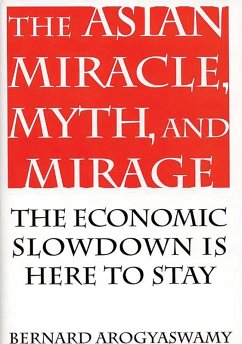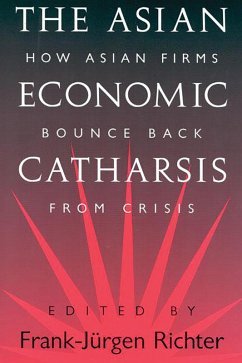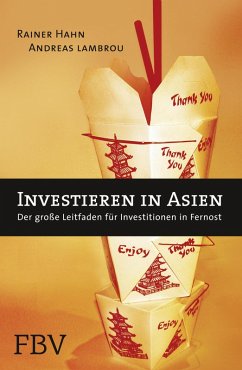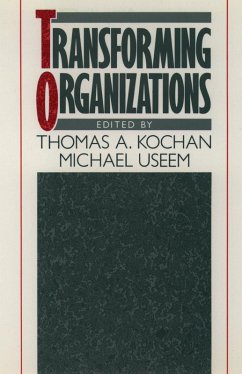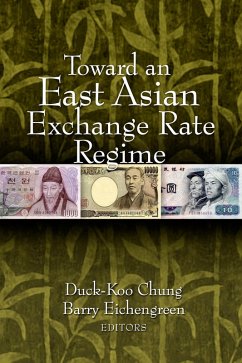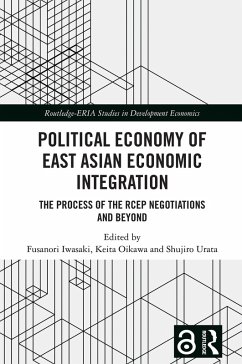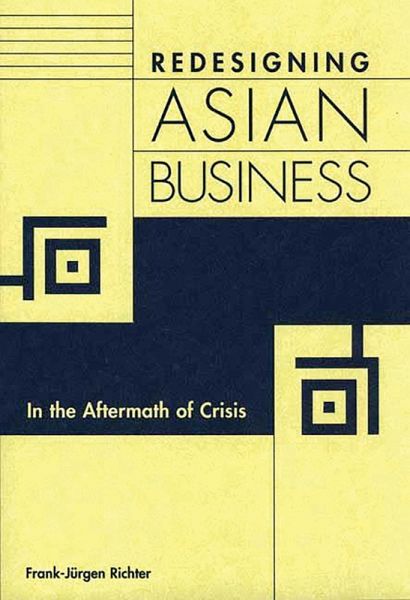
Redesigning Asian Business (eBook, PDF)
In the Aftermath of Crisis
Versandkostenfrei!
Sofort per Download lieferbar
59,95 €
inkl. MwSt.
Weitere Ausgaben:

PAYBACK Punkte
30 °P sammeln!
With much of the Asian Miracle destroyed and much of the Western world's awe for Asian ways of management dissipated, organizations there are changing with such speed that most of our knowledge about them is quickly outdated. Richter takes stock of East Asian management practices, as they are perceived so far, and he discusses the strategies that others propose to help Asian management redesign itself for the future-including a long-term agenda for change based on the cultural heritage of Confucianism. He analyzes the cultural underpinnings of Asian management practices, evaluates the influenc...
With much of the Asian Miracle destroyed and much of the Western world's awe for Asian ways of management dissipated, organizations there are changing with such speed that most of our knowledge about them is quickly outdated. Richter takes stock of East Asian management practices, as they are perceived so far, and he discusses the strategies that others propose to help Asian management redesign itself for the future-including a long-term agenda for change based on the cultural heritage of Confucianism. He analyzes the cultural underpinnings of Asian management practices, evaluates the influence of the Asian economic crisis on them, and discusses their potential for guiding Asian firms to a sustainable competitive advantage. He then provides examples of how Asian firms shape up their organizations and describes a short-term agenda to fix the weaknesses in Asian management, at least temporarily. Throughout, Richter avoids talk about strategic management as merely a theory: he adopts a broader definition that includes a value system to guide East Asian firms as they re-emerge and redevelop. The result is a challenging, intensely pragmatic analysis for decision-makers at all levels, in all countries and cultures, and it is a new stone in the foundation of academic research and thought. Richter opens with a discussion of the legacy of Confucianism and its impact on Asian management practices. He then proposes three intrinsic characteristics of Asian management: networks, trust, and collectivism. He gives a history of the Asian economic crisis, highlighting the failures of Asia's economic development and the flaws that appeared in its management practices. The third section of the book evaluates management practices that have emerged since then, and how they are perceived so far. Then, in the concluding section, he presents a new perspective on Asian management, short-term goals (fixing current management weaknesses), and long-term goals (incorporating its long abiding strengths). Throughout, Richter draws on the management theory enunciated by Hofstede and includes examples and case studies of recent developments across the region, and he also includes his own theories as well as those of others. Mr. Richter's book will be a welcome addition to the literature on business and the culture of Asia.





